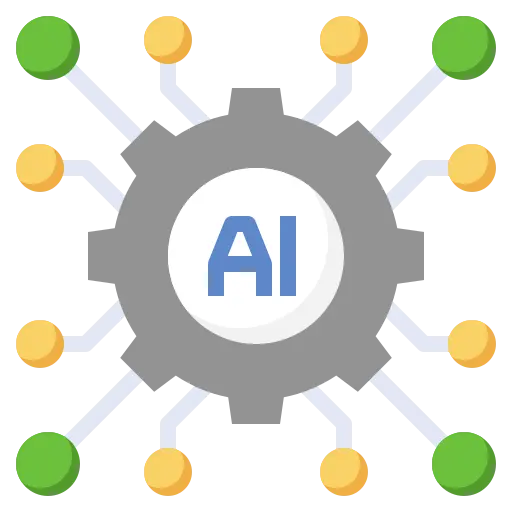Introduction:
Artificial Intelligence (AI) has become an integral part of our modern world, revolutionizing various industries and transforming the way we live and work. But have you ever wondered about the origins of AI? In this article, we will delve into the fascinating history of Artificial Intelligence (AI), exploring its inception, key milestones, and the visionaries who contributed to its development.

The Origins of AI:
The concept of AI dates back to ancient times, with philosophical ideas about creating artificial beings. However, the field as we know it today began to take shape in the 1950s. Pioneering researchers like Alan Turing and John McCarthy laid the foundation for AI by exploring the possibilities of machine intelligence and formalizing the principles of computation.
The Birth of AI:
In 1956, the Dartmouth Conference marked a significant milestone in the history of AI. It was at this conference that the term “artificial intelligence” was coined, and leading researchers came together to discuss the potential of creating machines that could mimic human intelligence. This event sparked a surge of interest and investment in AI research and development.
Early Breakthroughs:
During the 1950s and 1960s, AI research focused on developing expert systems and problem-solving algorithms. The Logic Theorist, developed by Allen Newell and Herbert A. Simon, became the first AI program to prove mathematical theorems. Another notable achievement was the creation of the General Problem Solver (GPS) by Newell and Simon, which demonstrated the ability to solve a wide range of problems.
AI Winter and Resurgence:
In the 1970s and 1980s, AI faced a period of reduced funding and public interest known as the “AI winter.” Progress slowed, and many believed that AI was nothing more than hype. However, in the 1990s, advancements in computing power and the emergence of neural networks reignited interest in AI. Breakthroughs in machine learning, natural language processing, and computer vision paved the way for the AI applications we see today.
Visionaries and Innovators:
Numerous visionaries have played crucial roles in the development of AI. One such figure is Alan Turing, who proposed the famous “Turing test” to determine a machine’s ability to exhibit intelligent behavior. John McCarthy, often referred to as the father of AI, made significant contributions, including the development of the programming language LISP.
Conclusion:
The history of AI is a testament to human curiosity and ingenuity. From its early philosophical roots to its` present-day applications, AI has come a long way. As we continue to push the boundaries of technology, it is exciting to imagine the possibilities that AI will unlock in the future.